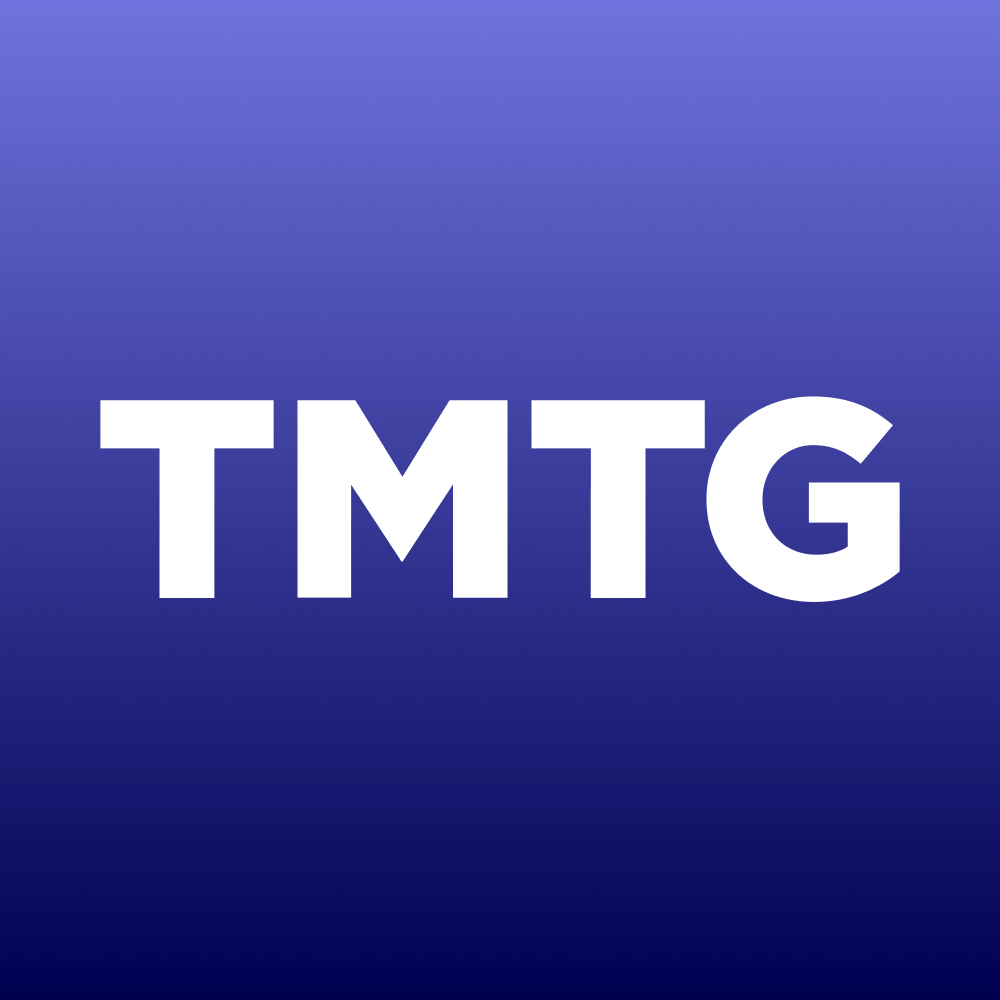Advertisement|Remove ads.
Eli Lilly's Zepbound Outperforms Wegovy In New Obesity Trial, But Trump's Drug Pricing Plan Keeps Retail Traders Wary

Eli Lilly and Co's obesity drug Zepbound led to greater weight loss than Novo Nordisk's Wegovy in a head-to-head Phase 3b trial, according to data published in The New England Journal of Medicine and presented at the European Congress on Obesity.
The 72-week SURMOUNT-5 trial found that adults with obesity or overweight with at least one related health condition — excluding those with diabetes — lost an average of 20.2% of their body weight on Zepbound compared to 13.7% on Wegovy.
Eli Lilly said the results represented a 47% greater relative weight reduction with Zepbound, with patients shedding 50.3 pounds on average versus 33.1 pounds for Wegovy.
Zepbound also surpassed Wegovy in all key secondary endpoints.
Nearly 65% of Zepbound-treated participants achieved at least 15% weight loss, compared to 40.1% of those on Wegovy.
The trial also recorded an average waist circumference reduction of 18.4 cm for Zepbound users, while Wegovy users saw a 13.0 cm reduction.
The safety profile of Zepbound was in line with previous trials in the SURMOUNT program, with most adverse events being gastrointestinal in nature and typically mild to moderate.
The discontinuation rate due to side effects was 6.1% for Zepbound and 8% for Wegovy.
On Stocktwits, sentiment toward Eli Lilly was ‘bearish’ despite high message volume.
Some retail users speculated on the company’s price trajectory, with one questioning whether shares could reach $500, while another suggested a $600 target by the end of the week.
The bearish tilt came in the context of heightened scrutiny on pharmaceutical pricing.
Retail buzz around healthcare stocks surged late Sunday following President Donald Trump’s announcement that he plans to sign an executive order aimed at slashing prescription drug prices in the US by 30% to 80%.
Trump cited a “Most Favored Nation Policy” in a Truth Social post, saying it would align US drug prices with the lowest-paying country.
Eli Lilly’s stock has declined 5.6% so far in 2025.
For updates and corrections, email newsroom[at]stocktwits[dot]com.













/filters:format(webp)https://news.stocktwits-cdn.com/Getty_Images_2189355808_jpg_c13dd12a0f.webp)
/filters:format(webp)https://st-everywhere-cms-prod.s3.us-east-1.amazonaws.com/Rounak_Author_Image_7607005b05.png)
/filters:format(webp)https://news.stocktwits-cdn.com/large_Getty_Images_2195599761_jpg_ec0e618b8c.webp)
/filters:format(webp)https://news.stocktwits-cdn.com/shivani_photo_jpg_dd6e01afa4.webp)
/filters:format(webp)https://news.stocktwits-cdn.com/large_Stock_chart_representative_image_resized_jpg_dacf5b1590.webp)
/filters:format(webp)https://news.stocktwits-cdn.com/vivekkrishnanphotography_58_jpg_0e45f66a62.webp)
/filters:format(webp)https://news.stocktwits-cdn.com/large_artificial_intelligence_jpg_7c39349f2f.webp)
/filters:format(webp)https://news.stocktwits-cdn.com/Aashika_Suresh_Profile_Picture_jpg_2acd6f446c.webp)
/filters:format(webp)https://news.stocktwits-cdn.com/large_Crypto_com_dcfe1eaba6.webp)
/filters:format(webp)https://news.stocktwits-cdn.com/Anushka_Basu_make_me_smile_in_the_picture_b92832aa_af59_4141_aacc_4180d2241ba8_1_2_png_1086e0ed8c.webp)
/filters:format(webp)https://news.stocktwits-cdn.com/large_Getty_Images_540185275_jpg_21d1350875.webp)